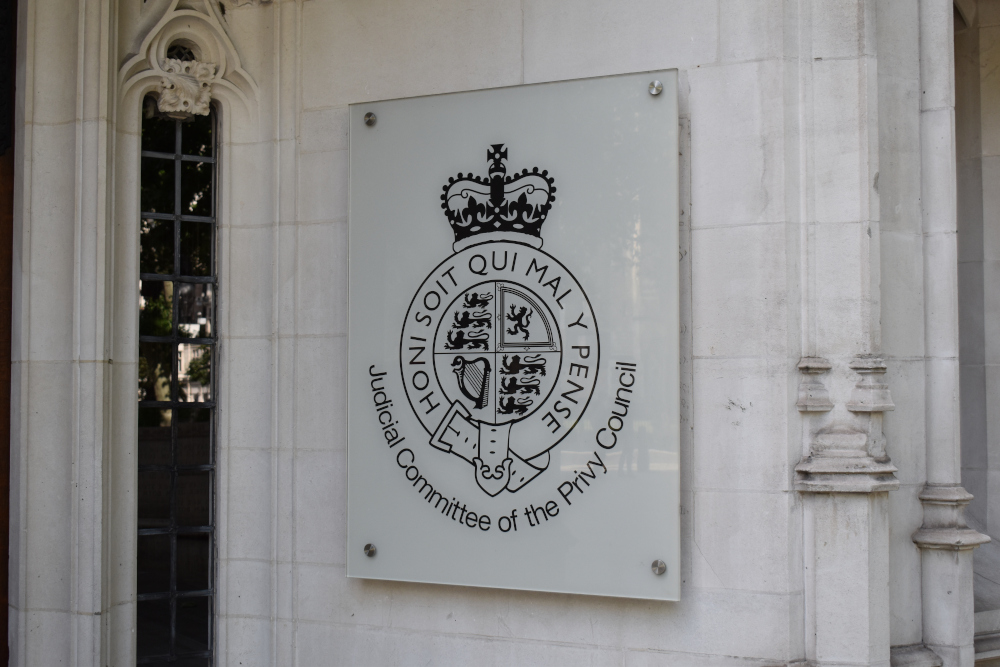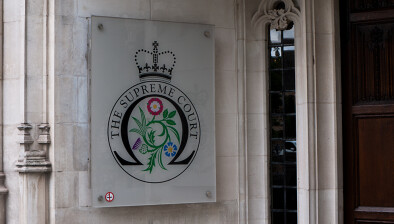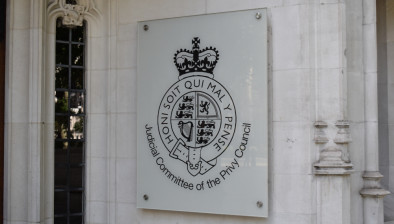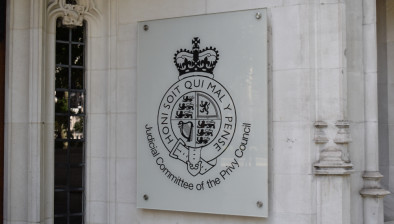Analysis: No share in privilege – the end of the ‘shareholder rule’ in England and Wales

A&L Goodbody’s Sarah Murphy, Simon Barber, Darragh Muldoon, Rachel Kemp and Rebecca Clark examine a landmark ruling abolishing the long-standing ‘shareholder rule’ in England and Wales.
Directors have a duty to act in the best interests of the company, but they must also comply with laws that specify what information must be disclosed to shareholders and how shareholder interests should be factored into company decisions.
Where a company obtained legal advice when making decisions, the ‘shareholder rule’ had the potential to create confusion about who had access to that advice in potential future litigation without a statutory basis.
On 24 July 2025, in Jardine Strategic Limited v Oasis Investments II Master Fund Ltd No 2 [2025] UKPC 34, the Judicial Committee of the Privy Council delivered a landmark judgment abolishing the ‘shareholder rule’.
The ‘shareholder rule’ was effectively an exception to legal advice privilege and prevented a company from asserting privilege over legal advice against its shareholders in subsequent litigation.
Although the ‘shareholder rule’ had applied in England and Wales for over 135 years, the Privy Council found no basis for the rule and held that a company can assert legal professional privilege against its shareholders.
In doing so, the Privy Council made a rare ‘Willers v Joyce direction’, which means that the ‘shareholder rule’ has been abolished not only in Bermuda (from where the appeal was brought) but also in England and Wales.
The Privy Council’s rejection of the ‘shareholder rule’ is likely to be of significant interest to the Irish courts, and we expect similar challenges to the continued existence of the rule in Ireland.
Background
Two Jardine Matheson group companies amalgamated in April 2021. A group of dissenting shareholders disagreed with the price offered for their shares. These shareholders commenced proceedings in Bermuda to determine the “fair value” of their shares.
In those proceedings, the plaintiff shareholders sought disclosure of legal advice the defendant company had received on the setting of the fair value offer as part of the amalgamation, which was obtained prior to the litigation commencing. They argued that shareholders had a right to access such advice.
The company claimed legal professional privilege over the advice, but the Bermudan courts ordered disclosure. The defendant company appealed to the Privy Council.
The shareholder rule
The ‘shareholder rule’ allowed shareholders to access a company’s privileged legal advice in litigation with the company, if the advice predated the dispute. The rule was originally based on the principle that shareholders have a proprietary interest in a company and therefore have, in effect, paid for the legal advice.
When it became well-established that shareholders have no proprietary interest in companies, the rationale for the ‘shareholder rule’ morphed into the recognition of a joint interest between a company and its shareholders in the subject matter of the communications.
The ‘shareholder rule’ continued to be applied by English courts with little detailed analysis of its justification or underlying basis.
Why was the shareholder rule abolished?
In recent years, English courts began to doubt the basis for the ‘shareholder rule’, which led to a formal challenge in Aabar Holdings SARL v Glencore plc [2024] EWHC 3046 (Comm).
In Aabar, Picken J concluded that the ‘shareholder rule’ should be “abandoned” because (i) it could no longer be supported by reference to its traditional proprietary justification; and (ii) there was no overarching “joint interest privilege” between a company and its shareholders. The UK Supreme Court declined the plaintiff’s application for a leapfrog appeal because the issue would be resolved in the Jardine appeal to the Privy Council.
The Privy Council in Jardine held that the ‘shareholder rule’ was “a rule without justification” and that “[l]ike the emperor wearing no clothes in the folktale, it is time to recognise and declare that the Rule is altogether unclothed”.
The Privy Council reached this conclusion for three main reasons:
- The proprietary justification is inconsistent with a company being a separate legal person from its shareholders;
- There will not always be a presumed “joint interest” between a company and its shareholders, or between shareholders themselves, as their interests will often diverge; and
- A “more nuanced” or “open-textured assessment” depending on whether there was “sufficient joint interest” in the legal advice would create unworkable uncertainty for companies.
What is the position in Ireland?
Although there has been limited judicial reference to the ‘shareholder rule’ in Ireland, the Irish courts have applied it recently in two shareholder oppression claims.
In Carlo Tassara Asset Management S.A. v Eire Composites Teoranta [2016] IEHC 103, Haughton J cited English case law approvingly, stating that “legal advice obtained by a company for the purpose of procuring that company to take certain actions — even if it is anticipated that those actions might give rise to litigation — is advice which in principle a shareholder who claims that such actions are unlawful as constituting oppression should be entitled to discover”.
Similarly, in Re Brock Delappe Ltd [2023] IEHC 318, Sanfey J reaffirmed that a shareholder’s entitlement to a company’s legal advice was based on the joint interest between a company and its shareholders, which ceases when their relationship is “sundered by litigation”.
Following the emphatic rejection of the ‘shareholder rule’ in Jardine, along with judgments from other common law jurisdictions such as Canada and Australia refusing to apply the ‘shareholder rule’ or casting doubt on its validity, the rationale for its continued existence in Ireland is likely to be open to question.
What could this mean for corporate governance?
For the common law jurisdictions bound by the Privy Council’s judgment, the decision provides greater certainty to directors in the conduct of their duties. Directors require confidence that, when acting in the best interests of the company, they can obtain legal advice for the company that will remain privileged, rather than face uncertainty regarding potential future shareholder litigation.
Companies often serve a wide range of stakeholders (including their workforces, as well as shareholders), with complex and possibly diverging interests that can change over time. Confidential legal advice can be helpful to support companies’ decision-making processes where they are balancing the company’s best interests and taking account of those of the stakeholders.
A common question companies ask is: what information has to be provided to shareholders upon request? Jardine provides helpful clarification in relation to legal advice, although how this will be applied in Ireland remains an open question.
![]()
- Sarah Murphy is a partner at A&L Goodbody; Simon Barber is a lawyer qualified in New Zealand; Darragh Muldoon is a solicitor; and Rachel Kemp and Rebecca Clark are senior knowledge lawyers.










